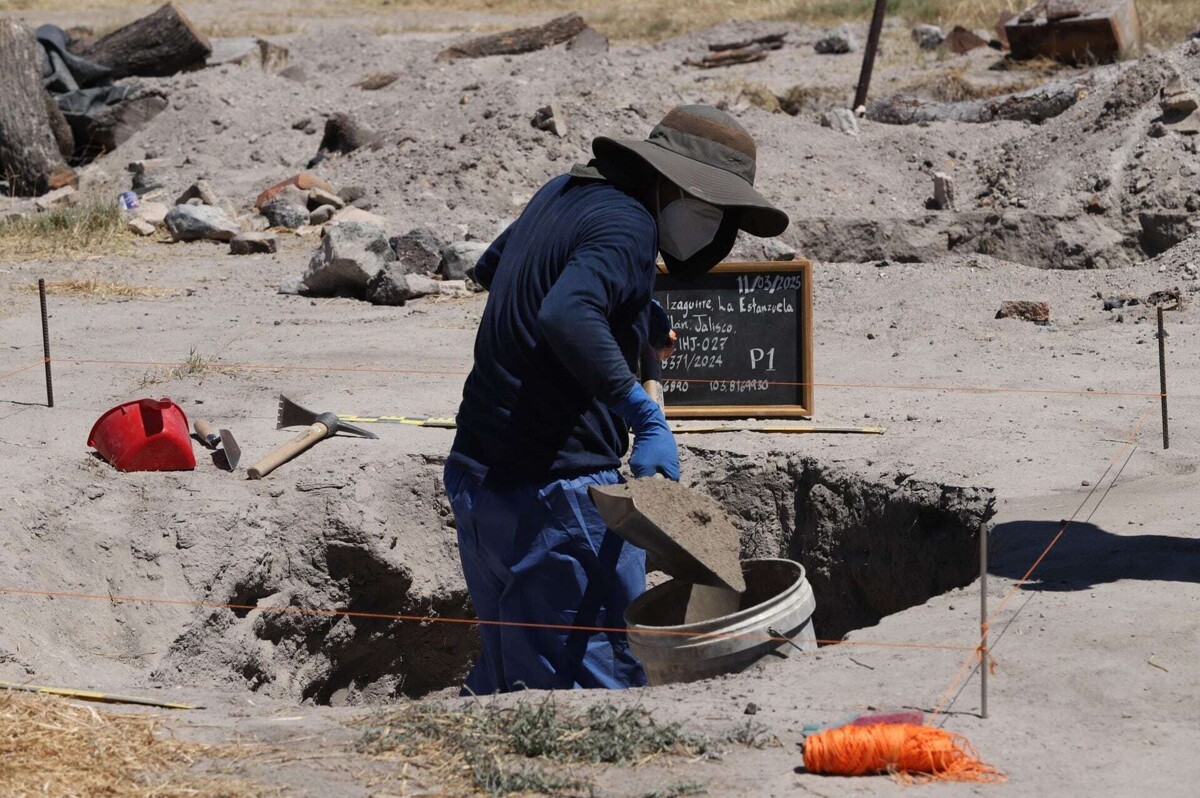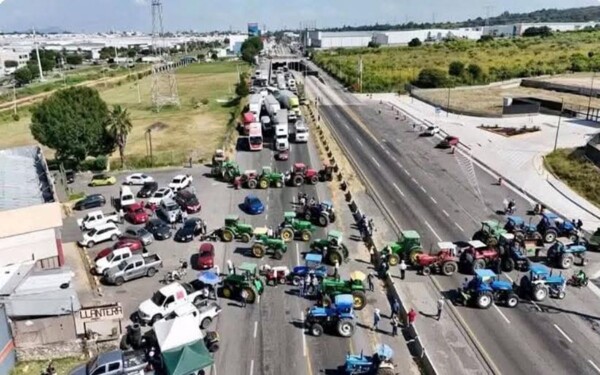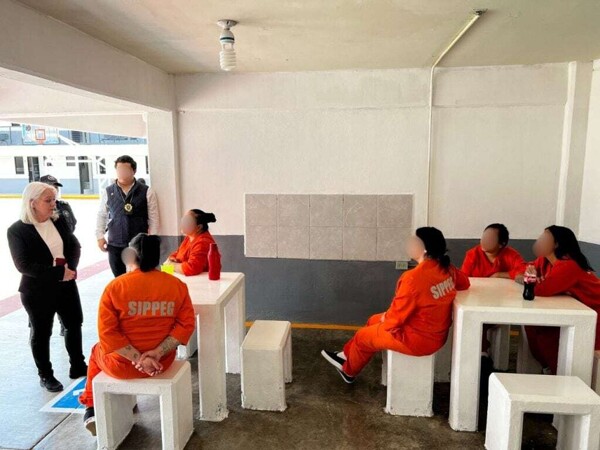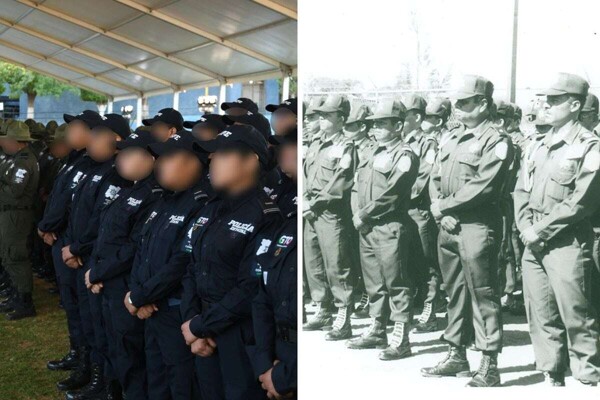
The Mexican political class is being accused of complicity with high-caliber criminals and mass murderers, who seem to view the citizens of the country as mere pawns. There is a possibility that state governments, especially those that are opposition, like Guanajuato, will begin to take measures to pressure federal authorities.
Amid the increase in violence and crime in Mexico, the tragic loss of human lives stands out, in increasingly atrocious situations, reflecting a marked imbalance in the criminal landscape, with people becoming victims while seeking jobs with decent wages.
In a recent episode that generated great shock in the country, protests were recorded over the weekend at the Izaguirre ranch in Teuchitlán, Jalisco, known as a "killing field." These unfortunate events were followed by violent interventions from alleged shock groups and authorities, exposing the vulnerability of society to the rising wave of violence.
The lack of effective action by the authorities is questioned, and reflections on the spiral of impunity that fuels crime in the country are made. The extreme violence observed in recent years has led many Mexicans to question the government's effectiveness in protecting its citizens, even considering foreign intervention as a possibility.
Experts and citizens point out that poverty is not the root of the problem, but the impunity that allows criminals to act with total freedom. In this context, the responsibility of the state in ensuring the life and safety of the population is highlighted, although criticisms are aimed at the inaction of the authorities in the face of escalating violence and disappearances.
Furthermore, the effectiveness of proposed legislative measures is questioned, with efforts focused on prohibiting external interventions instead of addressing the root causes of the crisis. At a time when official figures seem not to reflect the true magnitude of the tragedy, Mexican society faces a challenging scenario in which security and justice seem distant.













